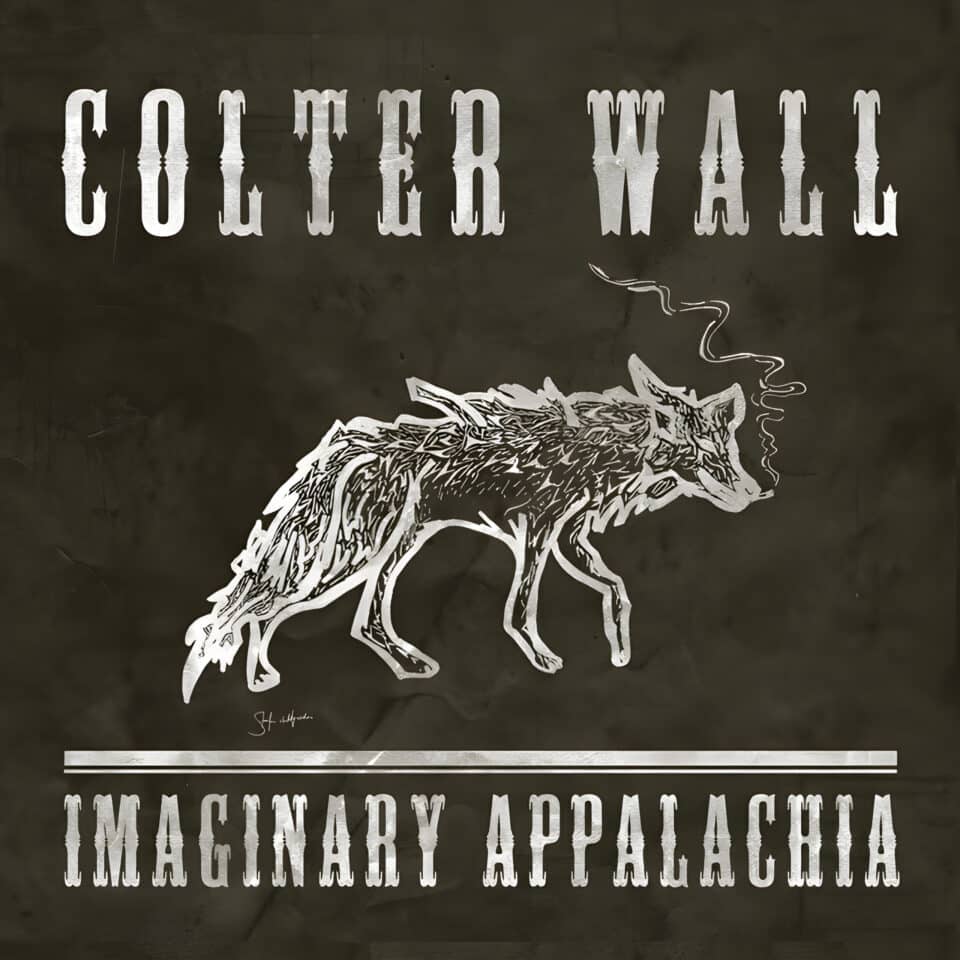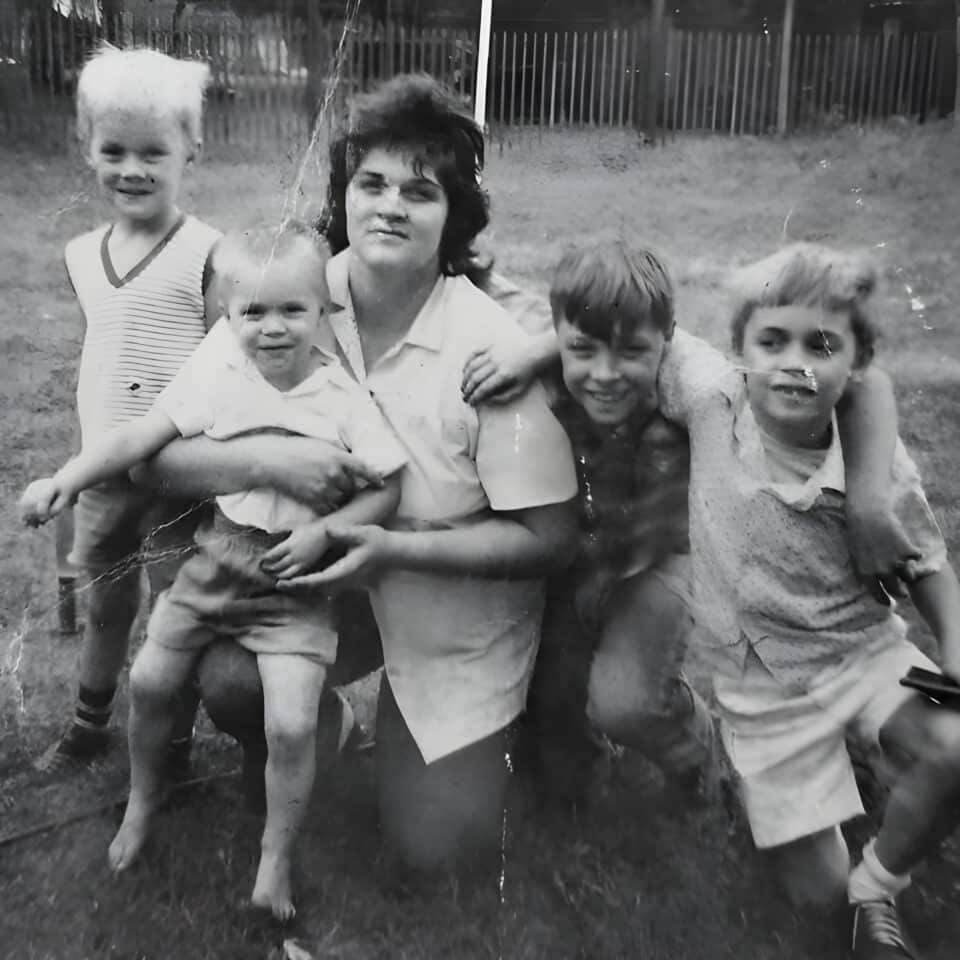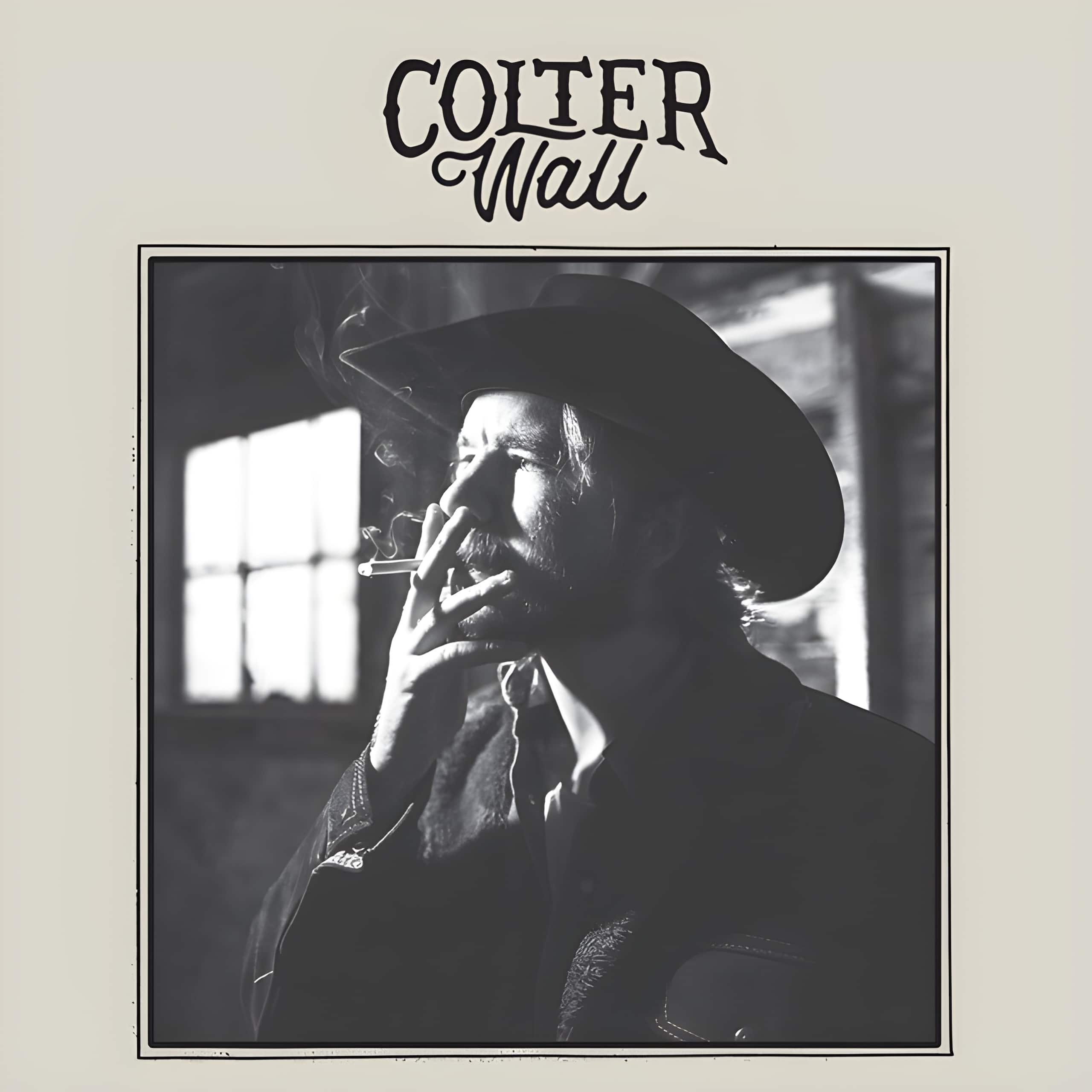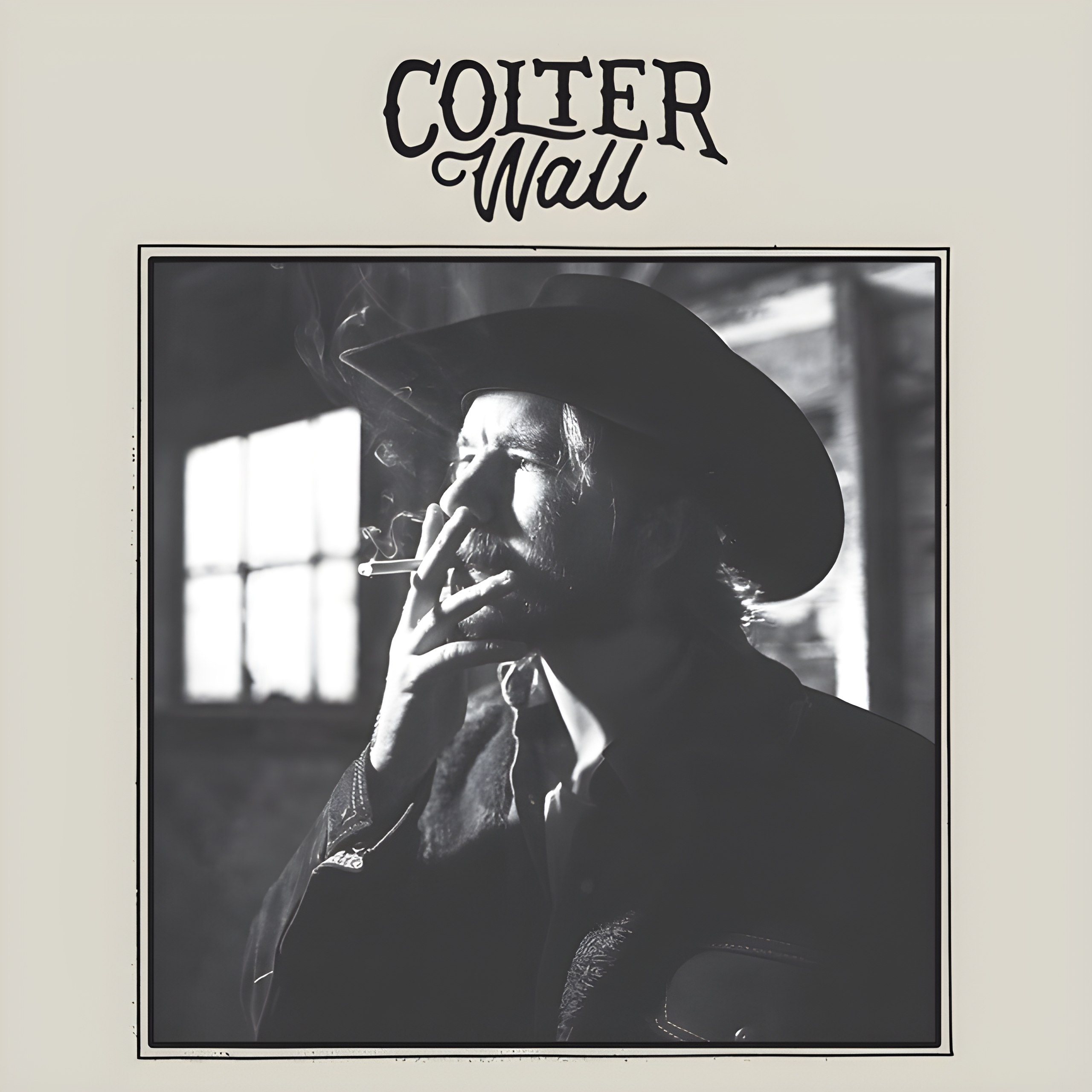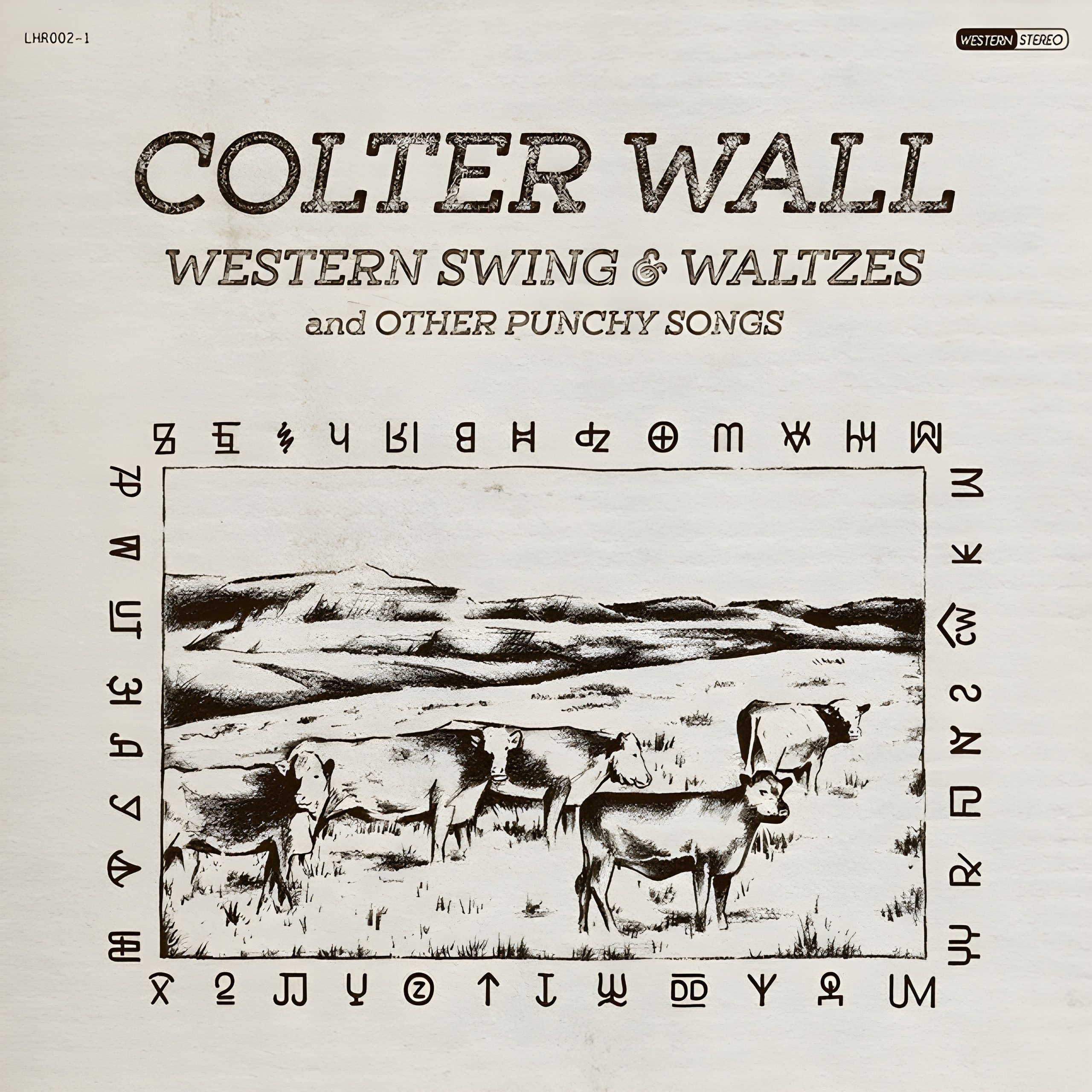Released: 2015
“Sleeping on the Blacktop” by Colter Wall is a gritty anthem that casts a long shadow over the image of the American West, mixing themes of freedom, wanderlust, and the darker sides of human nature. It’s a tale that dives deep into the heart of country and folk lore, painting vivid pictures of life on the edge.
The sunshine and moonlight beating down on the characters in the song set up a classic contrast of day and night, symbolizing the cycle of good times and the ghosts that come with the night. Think of it as a nod to the dual nature of life, especially for those living on the fringe. The mention of string bands and honky-tonks, coupled with a pretty young thing dancing, introduces us to a world where revelry is an escape, perhaps the only bright spot in an otherwise tough reality.
Transitioning to a collection of characters like the high heel lady spitting at the bystanders, a business man lost to his vices, and a coyote chewing on a cigarette, Wall introduces a cast that wouldn’t be out of place in a Cormac McCarthy novel. These lines paint a picture of desperados and drifters, each with their own stories of hardships, indulgence, and survival. It’s a stark portrayal of the underbelly of American society, away from the glitz and glamour.
The chorus, with its repetitive call of “Hey darlin’, introduces a nomadic spirit, always sleeping on the blacktop, always on the move through the trees, and always heading to the next town before their past or conscience catches up. This refrain isn’t just about physical movement; it’s about running from oneself, from one’s actions, or perhaps, from the law.
The song then takes a darker turn, mentioning three dead in a crash, hinting at the consequences of this freewheeling lifestyle, with observers both below and up high, suggesting both earthly and divine witnesses to the tragedy. The line “You can call me a sinner for a-wondering why” shows a reflective, perhaps repentant side to the narrator’s personality, questioning the moral ambiguity of their actions and existence.
In a moment of reflection, the lyrics speak of corn liquor tasting sweeter, questioning whether this stop is any different from the last, which brings up a theme of déjà vu or the cyclical nature of the drifter’s life. The familiarity of a bottle and a glass is a metaphor for the comfort found in the transient, often destructive habits that define the wanderer’s existence.
The song ends on a note that’s both eerie and resigned, with the chorus repeating, highlighting the inevitable cycle of running, seeking something new, only for it all to repeat, unless one’s sense—or perhaps sense of self and morality—catches up with them. It’s a deep dive into the notion of escapism, consequences, and the pursuit of fleeting freedoms.
Overall, “Sleeping on the Blacktop” stands as a powerful exploration of the darker side of the Americana dream, through the lens of those who live their lives on the move, always looking over their shoulder, yet ever drawn to the romance of the open road. Colter Wall crafts a narrative that’s as haunting as it is beautiful, leaving a lasting impression of the complexities of freedom and the human condition.
